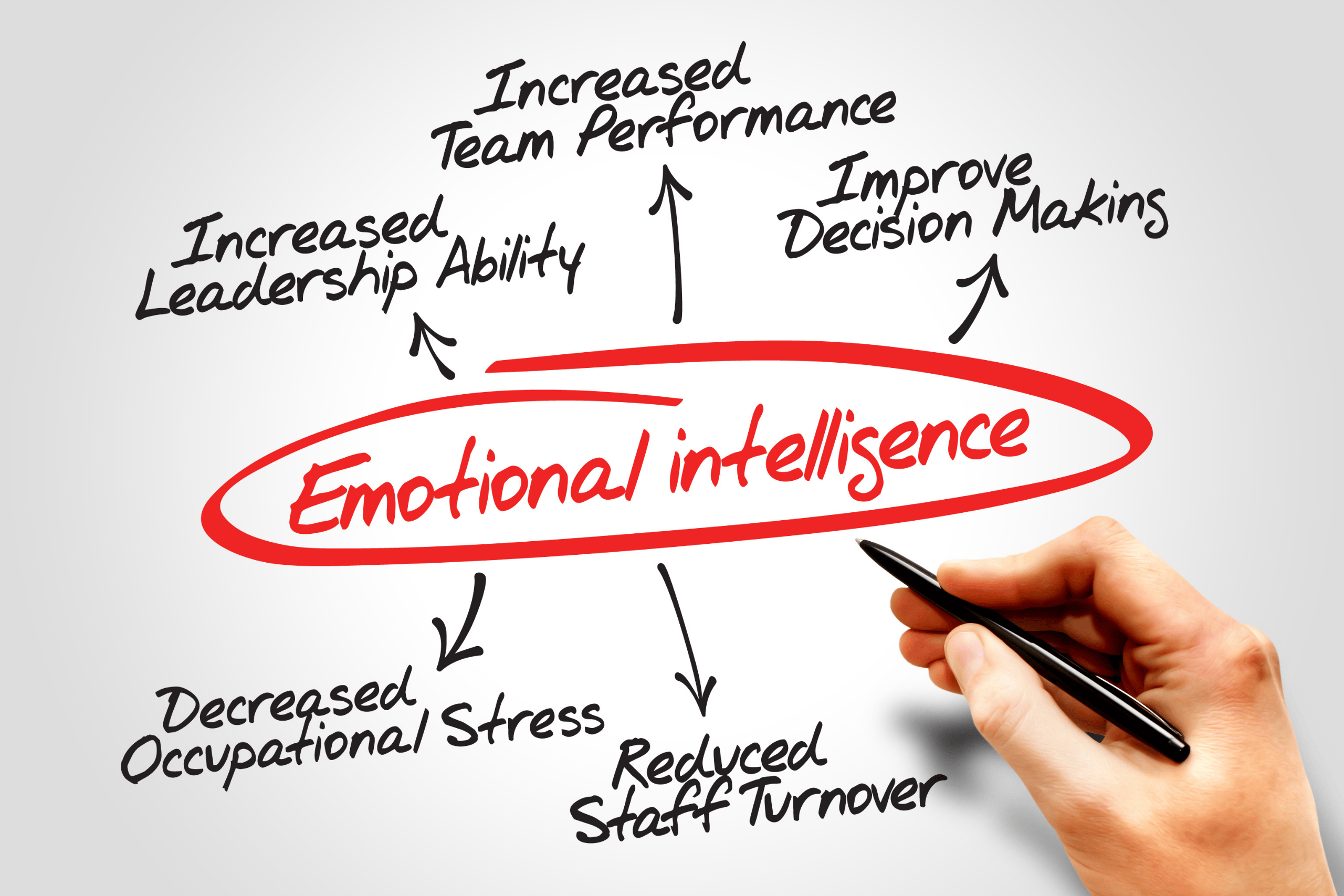
The 5-Hour Rule: How the World’s Smartest People Stay Ahead
In 2009, Captain Chesley “Sully” Sullenberger made a split-second decision that saved 155 lives. After a bird strike disabled both engines of US Airways Flight 1549, he had only moments to act. Instead of panicking, he skillfully executed an emergency landing on the Hudson River.
What most people don’t realize is that Sully’s ability to make that life-saving decision wasn’t just instinct—it was the result of thousands of hours spent learning, training, and refining his skills. His expertise didn’t develop overnight; it was cultivated through consistent and deliberate learning.
This concept isn’t limited to aviation. The world’s smartest and most successful professionals follow a similar principle known as the 5-Hour Rule—a learning habit that helps them stay ahead, navigate workplace politics, and continuously adapt to new challenges.
What Is the 5-Hour Rule?
The 5-Hour Rule is a concept popularized by Michael Simmons, the founder of Empact. It suggests that the most successful people dedicate at least five hours per week to deliberate learning. This means setting aside time for reading, reflecting, and experimenting—treating learning as a structured habit rather than a random occurrence.
Many high achievers, including Bill Gates, Elon Musk, Oprah Winfrey, and Warren Buffett, have publicly shared that continuous learning has been their biggest advantage. In a world where workplace politics, automation, and competition can threaten job security, developing a continuous learning habit can be a career game-changer.
How the 5-Hour Rule Helps You Navigate Workplace Politics and Stay Ahead
1. Knowledge Is Power – Outsmart Office Politics
Workplace politics are inevitable. Whether it’s dealing with difficult colleagues, avoiding office gossip, or positioning yourself for promotions, knowledge gives you the upper hand.
Fact: A study by the Harvard Business Review found that employees who engage in lifelong learning are more likely to be respected and influential in their workplaces.
By dedicating five hours a week to learning about leadership, emotional intelligence, and office dynamics, you can avoid common political traps and position yourself as a well-informed and strategic thinker.
Example: If you’re dealing with a manipulative coworker, reading about negotiation and persuasion techniques can help you respond strategically rather than emotionally.
2. Adaptability – Stay Relevant in a Changing Workplace
With rapid advancements in AI and automation, job roles are constantly evolving. If you’re not actively learning, you risk falling behind.
Expert Opinion: A report by McKinsey & Company states that continuous learners are 40% more adaptable in shifting work environments than those who don’t invest in learning.
By using the 5-Hour Rule to keep up with industry trends, new skills, and emerging technologies, you ensure that you remain valuable and ahead of office politics that may seek to undermine you.
Example: If your company is shifting toward AI-driven data analytics and you take time to learn Power BI or SQL, you automatically become an asset—making it harder for office politics to negatively impact your job security.
3. Better Decision-Making – Learn Before You Leap
Most workplace conflicts arise from poor decision-making. Whether it’s responding impulsively to an email or getting caught in unnecessary drama, strategic thinking is your best defense.
Fun Fact: Warren Buffett spends 80% of his workday reading because he believes better information leads to better decisions.
Applying the 5-Hour Rule allows you to:
- Develop critical thinking skills
- Analyze situations objectively
- Make informed career choices
Example: If you’re considering taking sides in an office conflict, reading about conflict resolution can help you remain neutral, professional, and politically savvy.
4. Enhancing Emotional Intelligence – Win People Over
Emotional intelligence (EQ) is crucial for workplace success. By dedicating time to learning about human psychology, negotiation, and leadership, you gain the ability to handle difficult personalities, resolve conflicts, and build alliances.
Expert Insight: Research from Daniel Goleman, the author of Emotional Intelligence, shows that 90% of top performers have high emotional intelligence—a key skill in handling office politics.
Example: If you struggle with handling difficult managers, books on leadership psychology can help you influence them effectively rather than resisting their authority.
5. Innovation – The Key to Staying Irreplaceable
If you’re not innovating, you’re stagnating. Successful professionals don’t just follow trends—they create them.
Case Study: Elon Musk famously taught himself rocket science by reading books. If he relied solely on conventional education, SpaceX might never have existed.
By using the 5-Hour Rule to experiment with new ideas and approaches at work, you gain a reputation as an innovative thinker who brings value—making you less susceptible to office politics that rely on favoritism rather than merit.
Example: If you work in marketing, dedicating time to learning about AI-powered content creation can set you apart from your peers.
How to Implement the 5-Hour Rule in Your Career
- Set a Learning Schedule
Block out one hour per day, five days a week for learning. - Read Widely
Follow industry blogs like Harvard Business Review, Forbes, and MIT Sloan Management Review. - Engage in Reflection
Keep a journal to note key insights from your learning sessions. - Experiment & Apply
Test new skills and approaches in real work situations. - Join Learning Communities
Engage with LinkedIn groups, webinars, and online forums.
Conclusion: The Secret Weapon Against Workplace Politics
Workplace politics can be frustrating, but knowledge is the best armor. By implementing the 5-Hour Rule, you can:
- Stay ahead of competition
- Make better career decisions
- Enhance emotional intelligence
- Become an irreplaceable asset at work
The most successful people don’t leave their careers to chance. They actively invest in learning—and that’s exactly what you should be doing.
References:
- Simmons, M. (2016). The 5-Hour Rule Used by Bill Gates, Elon Musk & Oprah. Harvard Business Review.
- Goleman, D. (1995). Emotional Intelligence: Why It Can Matter More Than IQ. Bantam Books.
- McKinsey & Company. (2023). Future of Work & Learning Report.
- Harvard Business Review. (2022). The Role of Continuous Learning in Career Success.
- MIT Sloan Management Review. (2023). The Impact of Learning on Workplace Innovation.













